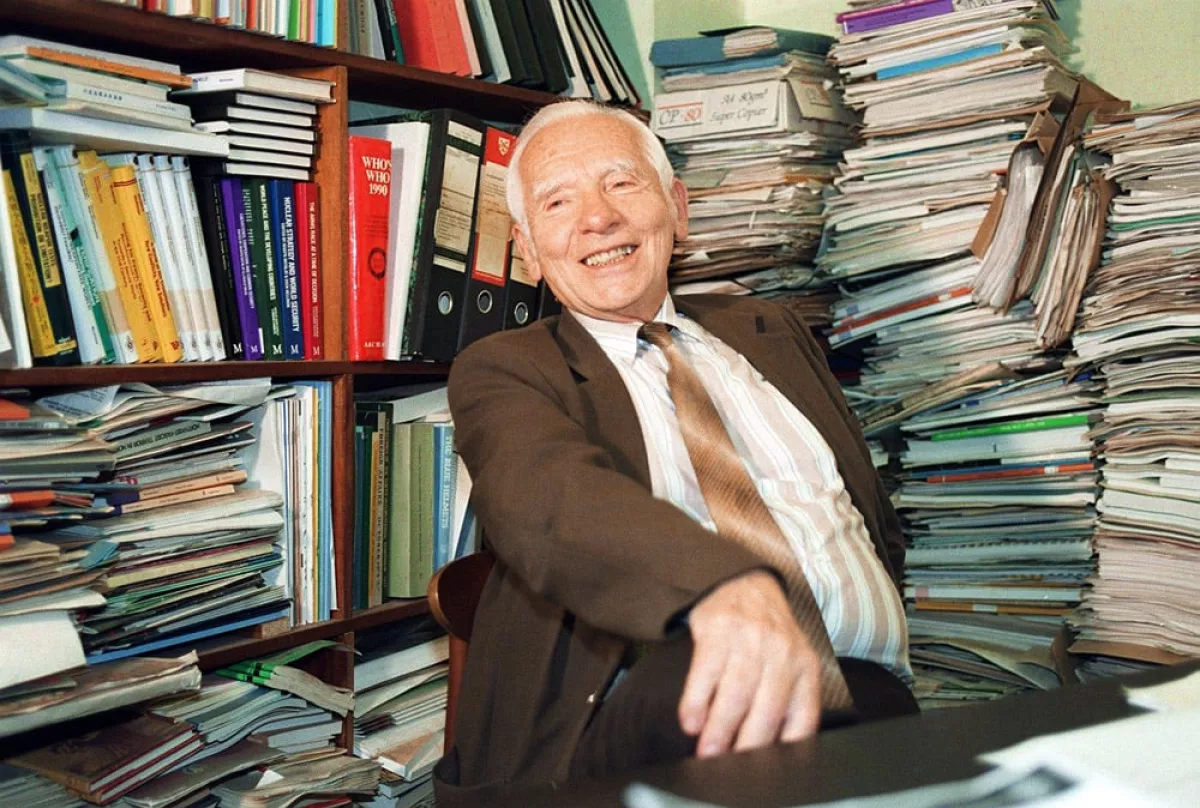Creation against all odds Peace is still possible
In the book that is part of the Tanakh, also known as the “Jewish Bible,” and the Old Testament, there is a vision of a future time when “they will beat their swords into plowshares and their spears into pruning hooks. Nation will not take up sword against nation, nor will they train for war anymore” (Isaiah 2:4). The term “plowshare” here refers to a plough, making the meaning unmistakably clear. Similarly, the Qur’an teaches that “whoever takes a life—unless as a punishment for murder or mischief in the land—it will be as if they killed all of humanity; and whoever saves a life, it will be as if they saved all of humanity” (Surah Al-Ma'idah, verse 32).
The ancient Chinese strategist Sun Tzu, in The Art of War, also advises that “if there is no danger, do not engage in war.” These timeless teachings from diverse traditions all emphasize the value of peace and the avoidance of conflict whenever possible.
Let us also turn our attention to the following fact. Joseph Rotblat, a renowned physicist and radiobiologist of the 20th–21st centuries, who once served as director of the Nuclear Research Centre at the University of Liverpool, was awarded the Nobel Peace Prize in 1995 for his efforts toward nuclear disarmament. We recall this detail because Rotblat participated in the Manhattan Project (the U.S. program to develop nuclear weapons) and made a significant contribution to the creation of the atomic bomb. In his lecture upon receiving the Nobel Prize, Rotblat emphasised the fact that “War must cease to be an admissible social institution. We must learn to resolve our disputes by means other than military confrontation.” Acknowledging that for many the call for peace without war will be seen as a utopian dream, he stressed that “we have no choice. The alternative is unacceptable.”

However, life continues on its militant course. In April 2025, Russian Security Council Secretary Sergey Shoigu confirmed that Russia "reserves the right to use nuclear weapons in the event of aggression against it or Belarus, including the use of conventional weapons." In May, German Chancellor Friedrich Merz promised to create the strongest army in Europe, while adding that the goal is deterrence, not use.
In the early days of June, U.S. President Donald Trump, announcing that the United States is accumulating weapons "at a pace unprecedented for our country," also expressed hope that Americans would never have to use them.

On June 8, Japan unveiled the modernized Type-12 missile launcher, which is planned to be deployed on the island of Kyushu, near the East China Sea (seen as a kind of warning to China and North Korea).
Meanwhile, China has significantly strengthened its military potential. In other words, as regrettable as it may sound, religious calls for peace go unheard. True, some may argue that throughout world history, some of the harshest actions have been committed in the name of religion. That’s undeniable — you can’t take words out of a song. But these acts were clearly carried out in a symbiosis of religion and politics. However, this does not negate the peace-loving teachings of all the world’s religions.
It is a different matter when it comes to the laws of geopolitics, where the strong seek to absorb the weak, and the ambitions of the great world powers to control the most important regions, routes, and global logistics still remain at the forefront of many geo-players. Thus, speaking about the possible end of wars on a global scale seems impossible. Countless combat sorties by modernized aircraft, missile launches, and so forth continue to take place, resulting in thousands upon thousands of innocent victims, often affecting entire families.
Yes, what is happening can be summed up by the Malthusian theory, which posits that uncontrolled growth of the world population, surpassing the growth of means of subsistence—including food—leads to famine, epidemics, and ultimately wars. But let us be honest: would even a quarter of the multi-billion-dollar global investments in the arms industry, if redirected to food security, not have yielded positive results? And if not 25%, but all 50%? Would that not have largely solved issues such as water scarcity in various parts of the world or the problem of melting glaciers?
These questions are probably rhetorical, since countries, organizations, and even masses of people continue to “fight for metal,” using any means to achieve their goals. Unfortunately, this approach leads to the fact that the peaceful hopes of certain states, which sincerely wish to realise the creative potential of their people, are literally forced to take steps not only within the framework of peaceful initiatives. For example, as President Ilham Aliyev has repeatedly emphasised, Azerbaijan has always been a proponent of peace and an author of peaceful initiatives in the region, aiming to transform the South Caucasus into a space of peace and cooperation.
However, as the head of state specified in his address to compatriots on the night of January 1, 2025, on the occasion of the Day of Solidarity of Azerbaijanis Worldwide and the New Year, in view of the massive armament of Armenia, Baku was forced to significantly increase the military budget for the current year (due to the impossibility of falling behind in the arms race unleashed by Armenia in the South Caucasus). Had it not been for this, the president revealed, half of the defence budget would have been allocated, among other things, to the restoration of Karabakh and Eastern Zangezur. As President Ilham Aliyev disclosed, while 4 billion manats ($2.3 billion) are allocated for the development of these regions in 2025, military expenses amount to 8.4 billion ($5 billion). Although, as he clarified, it could have been exactly the other way around, but Armenia and the countries behind it, giving it bad advice, do not allow this.

Thus, it is clear that the global military paradigm confidently holds its ground, if not strengthens it. Yet, the experience of countries like Azerbaijan clearly demonstrates how a nation’s policy—even when forced to increase its military potential—can simultaneously be directed toward implementing a peaceful programme: a constructive and forward-looking one that truly reflects the aspirations of its people. Therefore, we can only express hope that sooner or later the global arms elite will come to realise that there are no winners in the arms race, which could lead to the use of nuclear weapons. And it is only through creation that the world becomes what the Almighty has ordained us to sustain!








